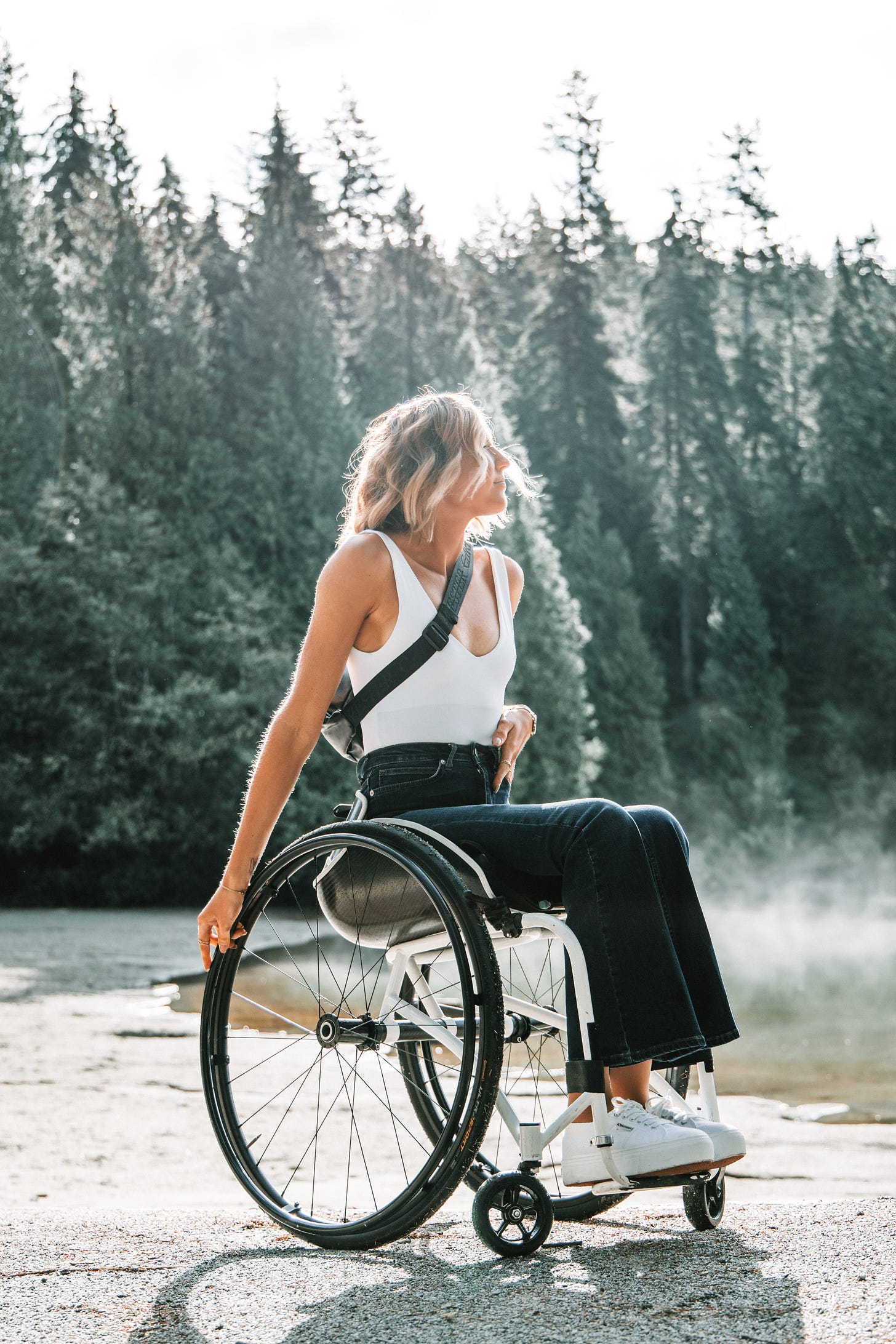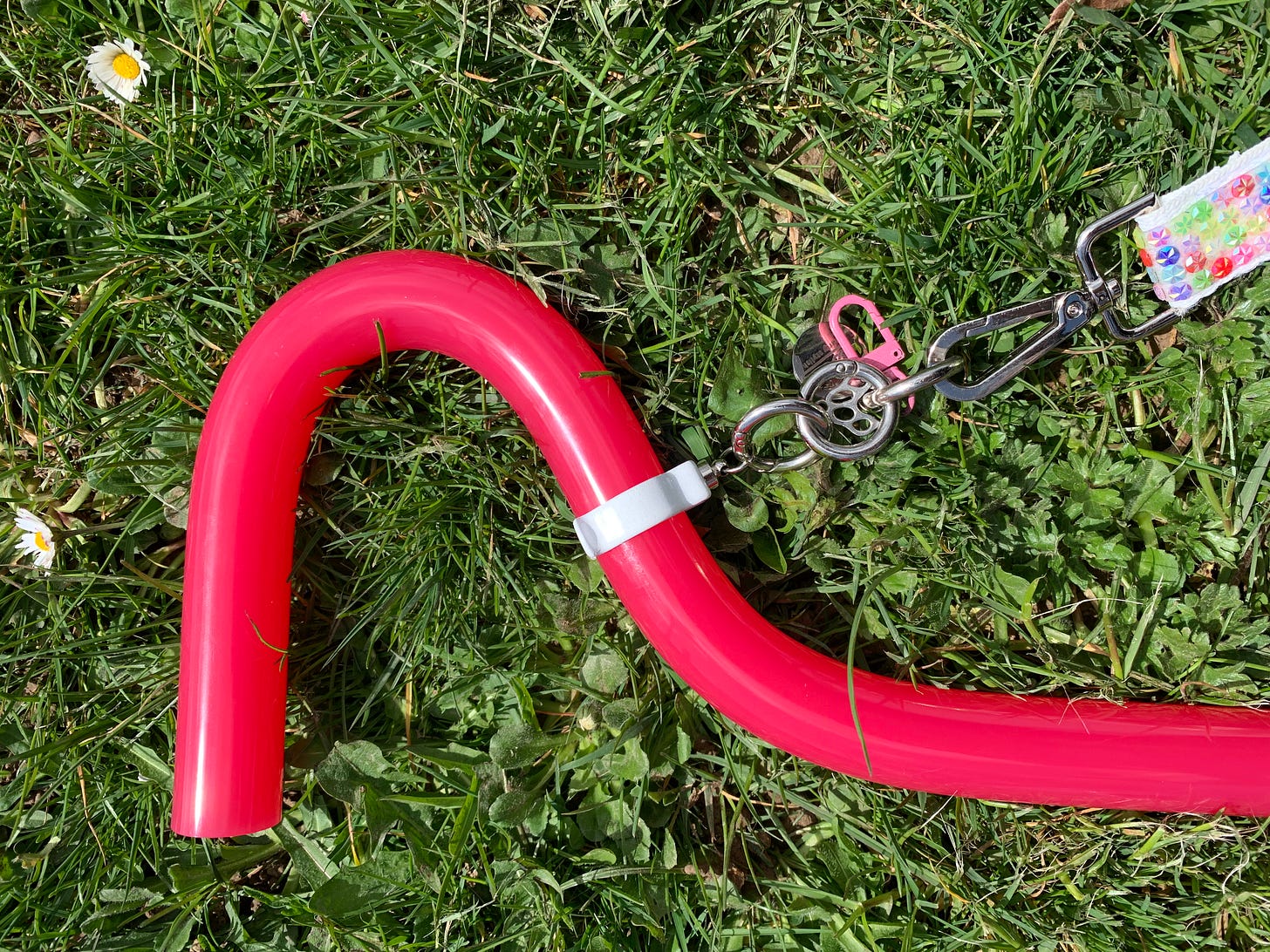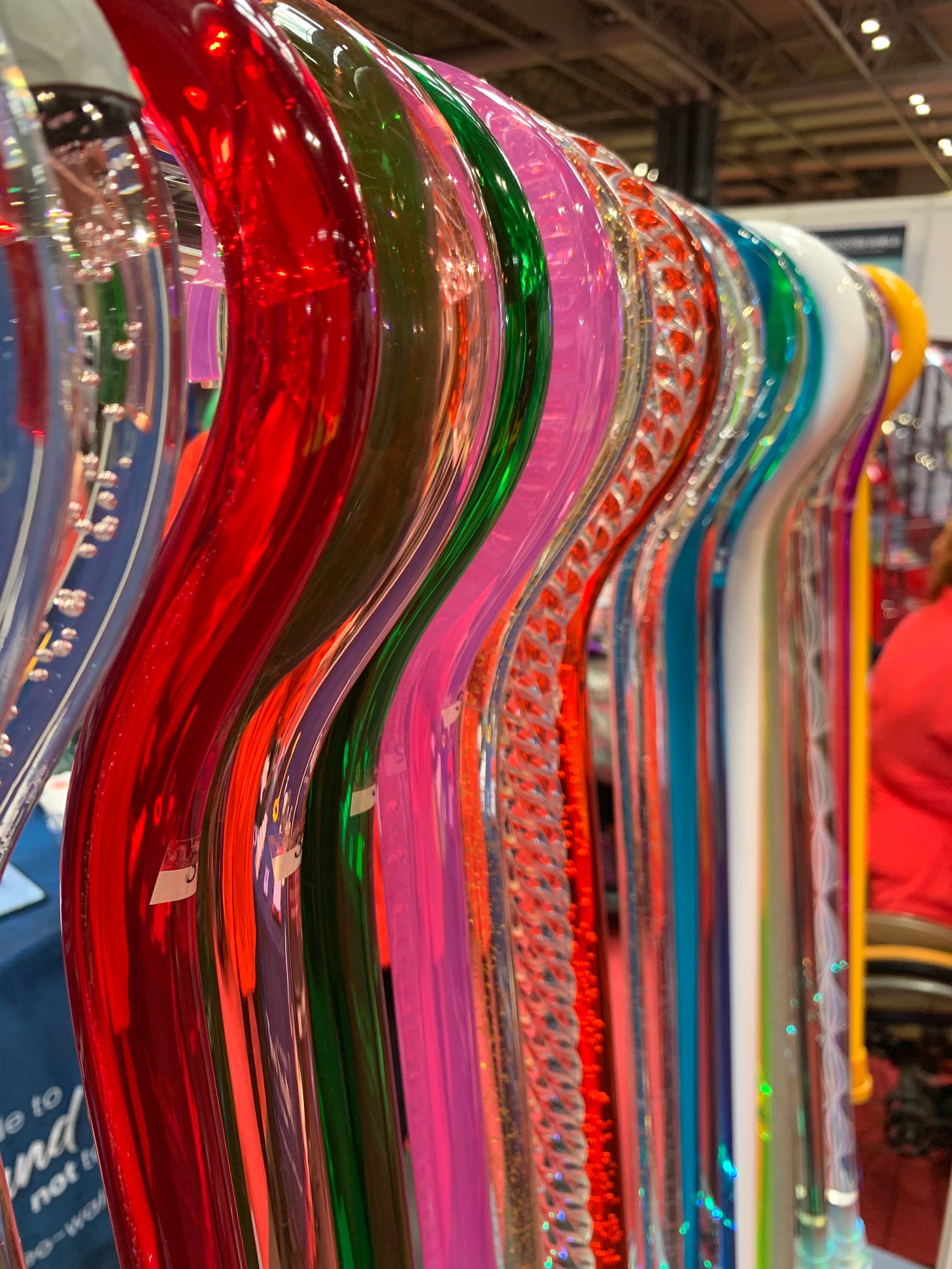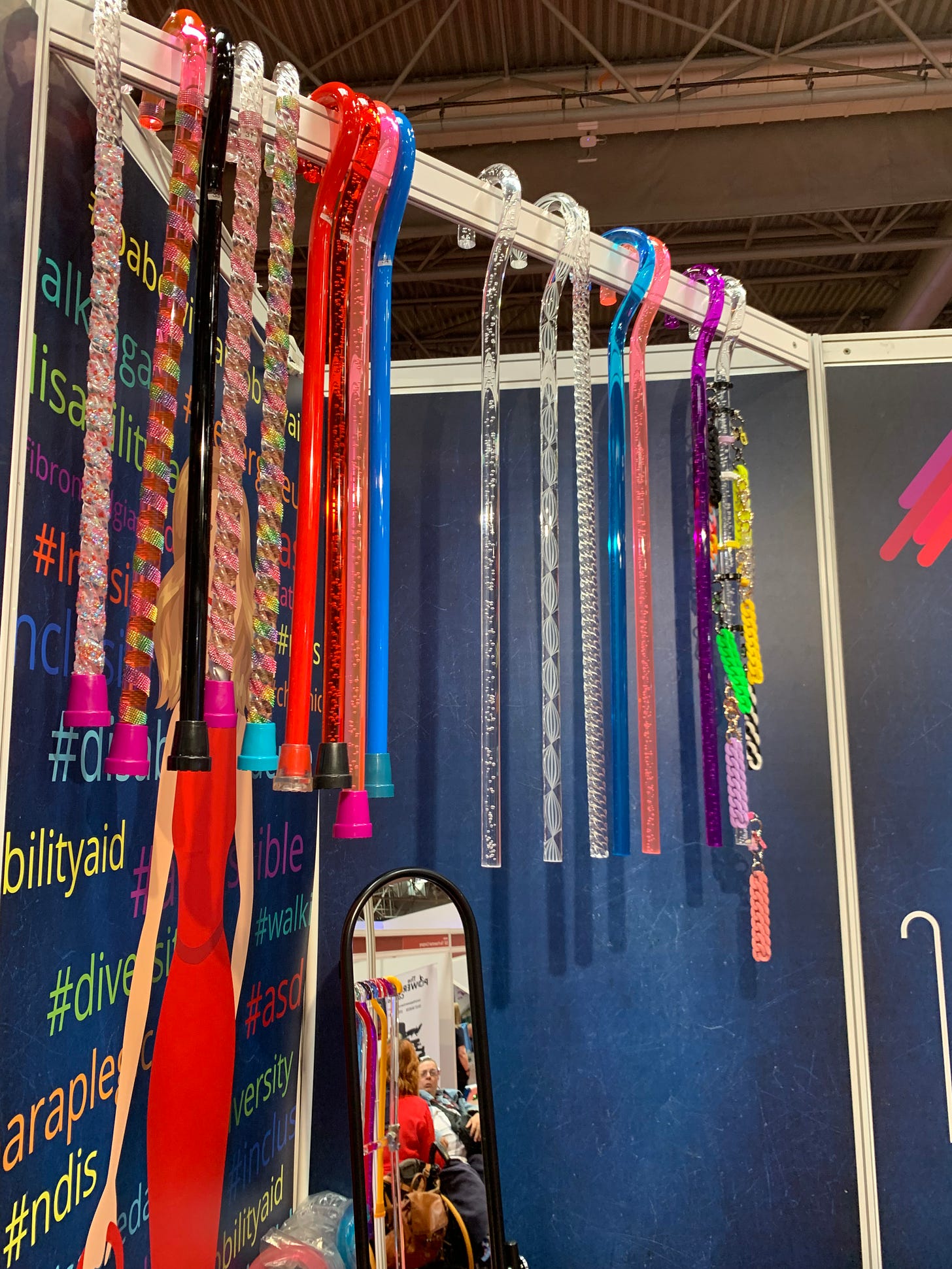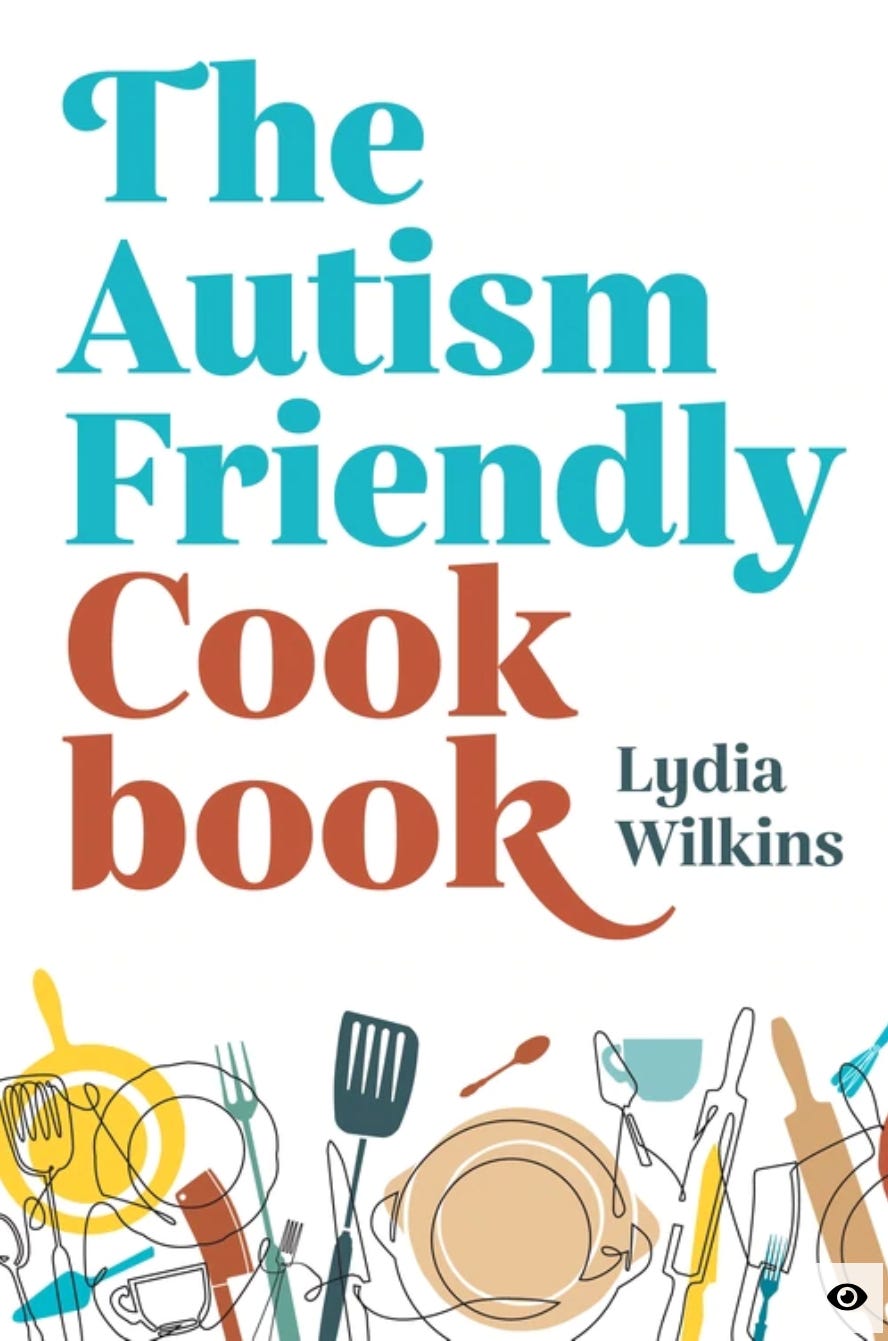This newsletter had started out originally as something that I was going to tweet; it was supposed to be tongue in cheek, something funny if a little bit on-the-nose. I had the thread saved in my ‘drafts’ tab on the app for ages - and started to add to it, more and more.
Social media networks seem to be moving more and more into long form - and there is a demand for creating communities, as well as having a degree of autonomy over what is seen. There is a demand for genuine growth - just look at how popular TikTok is! - rather than being prey to the tedium of algorithms and billionaires having a tantrum every 5 minutes. *Cough*. Emma Gannon has written about how there is a disconnect, as well as a role reversal - this is a want for early social media habits, like when Facebook was in its infancy. Online vs offline is toxic vs seemingly peaceful.
The minute I deleted Twitter from my phone, I felt so much happier.
I also find the general echo chambers and amplification of upsetting content to be.. well, upsetting, at the best of times. I want more control of what I see - rather than being reminded of my own differences every 5 minutes, and how the world can see me through an ableist lens. I am a person, too - my universe is not wholly that of my label, contrary to general perception.
So - that’s why this ended up in this newsletter - a collection of the odd behaviours, the weird and the whacky, over my cane.
If you like what you see, please consider subscribing to this newsletter by clicking the button below.
See you next month x
The last straw came in February. Long Covid appointments are not fun to deal with - and there had been an issue that had gone (temporarily?) wrong, which exacerbated a lot of issues.
Covid 19 has, well, buggered my balance - and dealing with vertigo on top of that, along with a multiplicity of other issues, has been interesting to say the least. Everything seemed to be setting this off - lights, sounds, more. The response was not easy to control - and trying not to be anxious, to not set this off, would just create a loop in my brain.
In front of another journalist, in his newsroom, my legs locked. And the panic this inspired - when, usually, I just pop back up, surprise! - was almost disproportionately funny. This was the last straw. And it was time to get myself a cane, for ambulatory use.
I’d seen ANASTACIA live last year - and the opening number was Not That Kind. I thought this was the greatest thing I’d ever seen; a woman in her mid fifties, with many health issues under her belt, singing at the top of her lungs for 2 hours including a dirty funk song as old as me, all the while dancing with a cane. That blew my mind. She was cool, she was fearless, she was sexy.
A cane keeps me upright, it keeps me balanced - and also means I can walk confidently, as well as smoothly. For longer journeys, it means I am less tired. I wish I’d got myself a cane sooner.
A lot of extra baggage comes with a mobility aid. A podcast guest, Tiffany Yu, spoke to wanting to reclaim her own narrative in the aftermath of becoming disabled - and this is something I want to do, too. In that respect, here’s a list of the weird and whacky reactions individuals have - I get stopped often by strangers, and this is shared in the spirit of myth busting.
“What happened to you?”
This is just rude to ask. Medical information is private. I like that my cane supports me and is a boundary - it’s also likely to be temporary, dependent on the next follow up appointment. But ‘what happened to you?’ Nope.
“You’re walking funny!”
Really, Sherlock? I hadn’t noticed.
The frustrating thing about this is that if I am unaware - in that my brain is focused on other things - then a lot of what I experience is reduced significantly. By 90% most of the time. Yes, really. The point is that the hell loop of anxiety → set off reaction → anxious about possible reaction → repeat needs to be broken. Meanwhile, managing along - such as if experiencing fatigue - can be managed a bit more.
So. If you’re a stranger, please don’t comment. And don’t stare. My local coffee shop became hostile for a while, due to a man staring and commenting, making me feel very uncomfortable. A group of teenage boys stopped me recently to also ask questions of the same nature - along with ‘but can you dance, though?’
I am aware of my body and my access needs. It’s not helpful to point out the obvious - that is such a horrible thing to do. I’m not a child, I am an adult. The same goes for the woman at my local supermarket who almost frogmarched me to the exit - having stood over me when I picked up my items, wobbling as I did so. She insisted on pointing out every possible risk - such as the (non realistic) possibility of me somehow hitting my head on a sharp corner. As if that was helpful.
Like what you’re reading so far? Share this post with your social media network by clicking the button below.
“You need to do some yoga with us!”
Unsolicited advice? No thank you. 10/10 this one - because I can just *think* my way out of this. (Spoiler: I can’t.) Besides, I prefer pilates - and I would like to go back.
“Can you drink gin out of it?”
NeoWalk have different adaptable options for their custom made canes - including the option to add a light up option, different patterns accessories, and so much more. There was an idea put to me that this would have potential for smuggling in alcohol to festivals (note: the cane is solid, not possible.) This made me laugh - and now the cane is referred to as the ‘gin stick’. The more original of some commentary of late…
Besides, I prefer cider. I just wish I was medically allowed to drink. *Rolls eyes*
“That’s not a stick - leave that alone!”
Said by a lady, loudly, as her tiny dog eyed up my cane, contemplating whether he could manage running away with it. 10/10 would hear again.
“Should you really be wearing heels?”
I may be disabled, but that doesn’t mean I am not going to be restricted elsewhere. I still want to feel good about myself - especially, for example, if that means I am going out to socialise. I saw a woman who had decorated her wheelchair at Naidex this year - all in pink diamanté crystals. She turned to my boss: “If I’m going to be disabled, I may as well looking fucking good!” she said. Icon for the ages, I want to be her when I grow up.
The thing is, heels actually contribute to me feeling far more in control of my own body. I feel far more balanced, my symptoms dramatically reduce, and added to that I wobble far less. I don’t wear them all them the time as the weird symptoms in my feet can start - but the moderation of what other people wish to enforce is not okay.
“You don’t need that!”
I’m 24. And at every turn, I have been told “you’re young - you will get fully better.” That is not how the world works, let alone the human body - and it’s arguably a harmful narrative with no scientific basis. I decide what I need - no one else can - and yet the agency I exercise for myself is so often taken. I am tired of being told that this is something I don’t need - it has given me back a lot of what Omicron took from me, it’s enabling me to be better.
Mobility aids are not something to be ashamed of - it’s not ‘giving in’, they are enabling a sense of freedom. Ever since getting my canes, I have been able to go to work events - even for full days and almost all of an evening, which wouldn’t have been possible a year ago. I have been out to see friends, stay awake longer, the pain in my body and fatigue is significantly reduced. I am functioning again as a human being. Autonomy and independence have been given back - but it’s not a mobility issue.
But this is not a permission to comment, to interfere or to physically touch me. It is not a permission to be harassed. It is not okay for strangers to stop and comment, to try knock me over by whacking the cane out from under me (thank you, man on the Underground.) It is also not a permission for ‘touching’ - a woman younger than me, who I was sat an event with, had thought it her job to push me along, like I was on wheels, as if to be helpful. (Wanna see me fly? That’s not helping - and will make me fall.)
My debut book is out now - and this is what people are saying about it.
“The Autism Friendly Cookbook is a striking manifesto on the importance of accessibility in cooking. With adaptations front and centre, this book from Lydia Wilkins is sure to become a kitchen staple.”
- Natasha Lipman, journalist and host of The Rest Room podcast:
“Cooking is one of the foundations of independent living. This charming, inviting book is designed to make this basic life-skill accessible to everyone. It's not just a collection of tantalizing recipes, it's a celebration of autistic community.”
- Steve Silberman, author of NeuroTribes: The Legacy of Autism and the Future of Neurodiversity:
“A delightful guide full of important information for neurodivergent foodies - we've needed this for years!”
- Chloe Johnson, editor at Disability Review Magazine



